letters from Ray | Future artificial intelligence acceptance or fear
May 1, 2015
 Dear Ray,
Dear Ray,
Take a look at this article in Russia Today. In our film The Singularity Is Near — that we produced and wrote together — the “Jerry Garcia” character is wailing about cyberconscious citizenship.
I’m not sure what part of “we are merging together” these people don’t get! To me it is as obvious as the nose on my face. Funny how well we predicted and depicted the anti-robot protesters.
Reminds me of the people who hate biotechnology, until they need a pair of glasses to see better, or a life saving medicine.
— Martine Rothblatt, PhD
![]() related reading:
related reading:
Wikipedia | Martine Rothblatt
Wikipedia | transhumanism
Russia Today | We’ll out-Siri Siri, until we have consciousness, futurist touts mind clones at South by Southwest
blog | Futurist Martine Rothblatt, PhD discusses cyber consciousness

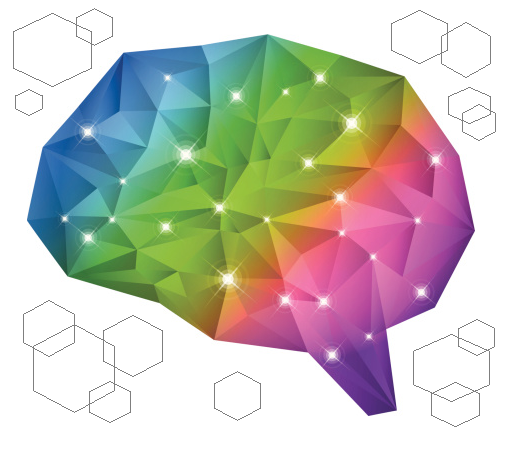 Dear Martine,
Dear Martine,
I have a question for you. Some people get what you articulate — as well as the exponential nature of the progression of information technology — which radically differs from our hardwired linear intuition.
And some people emphatically do not, and resist these insights as you point out.
What is the difference between these two groups of people that accounts for those very different outlooks?
It is definitely not intellect, nor level of a person’s accomplishment, as we find Nobel Prize winners in the linear group, and people who are not intellectually motivated in the exponential group.
I have thought about this question for years. I shared your thoughtful reply with my daughter Amy Kurzweil, a graphic novelist and writing teacher. I’m also sharing her thoughts with you.
— Ray Kurzweil
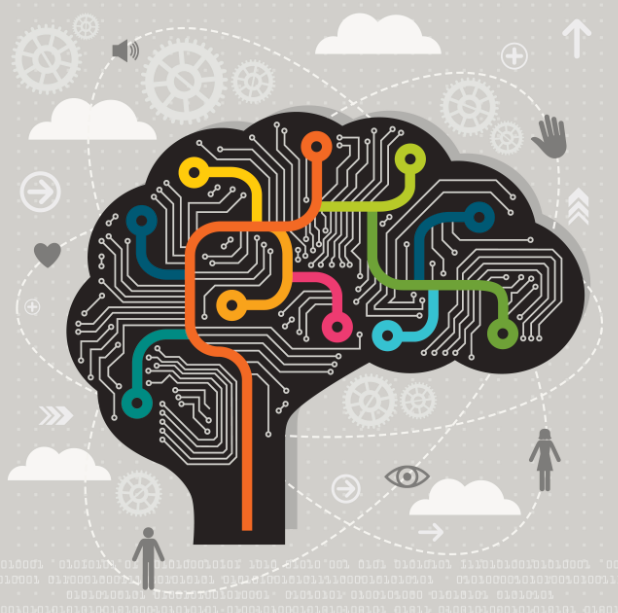
Fear or welcome AI of the new generation. — credit | iStock
Dear Ray,
Thanks for asking. Some people understand synergy, others see polar opposition. This cognitive divergence in constructing reality is also seen in anticipating futures.
I believe there are a diversity of genetic mutations that affect our cognitive processing orientation, as there are a blizzard of mutations affecting the rest of our body’s biochemistry.
These mutations can be blunted or emphasized to various extents by various degrees of sociocultural conditioning.
There are bell curve distributions of people’s propensities to fear or welcome the “other” — or to fear or welcome “change.” In various environments different propensities have been adaptive or maladaptive.
Fear of change or the unfamiliar may keep one safer to make more babies in some instances — example, lion near chimp family. But welcome change or newness may be more adaptive in other contexts — example, forests shrinking so leave Africa.
Generally the United States has naturally selected for chance takers, and I believe our success as a society is related. But textbook genetics says there is constant genetic drift, notwithstanding a few good mutants.
People who cannot embrace the logic of exponential growth, might have a cognitive processing divergence. They are intelligent, bright. Kuhn’s classic Structure of Scientific Revolutions makes clear that “normal science” requires only limited conceptualizations, and mostly requires superb modeling within an established paradigm.
Fears of the unknown are deep structure DNA, and are prevalent. I have a cognitive processing polymorphism that doesn’t react to reflexive fears, and I see macro-realities.
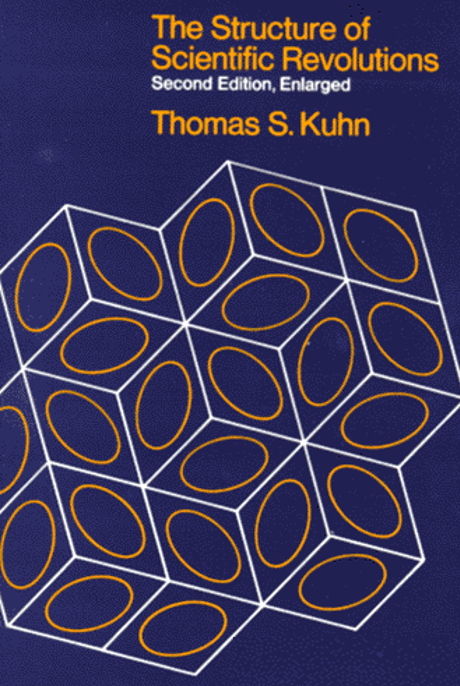 It’s my job to show the world, bit by bit, that what seems like a wolf is really just man’s best friend the dog — just a few transformations away.
It’s my job to show the world, bit by bit, that what seems like a wolf is really just man’s best friend the dog — just a few transformations away.
As one generation ends, the next one sees the transformations, and can see there is nothing to fear, resulting in acceptance.
My bottom line is that a future adaptive attitude does not correlate with intelligence, but instead reflects cognitive processing proclivities perhaps better assessed on other psych inventory measures — for example, the Big Five Personality Traits and the Big 20. I discuss this in my book Virtually Human.
Perhaps Bob Dylan said it best, in his song “The Times They Are Changing.”
Don’t criticize what you can’t understand
For your sons & daughters are beyond your command
The waters around you are rising
You better start swimming or you’ll sink like a stone
I’m glad USA Today picked up the “waters of cyber consciousness are rising” line from my South by Southwest keynote talk!
The article says, “At the event keynote, Martine Rothblatt, PhD described how the inevitable, future emergence of cyber consciousness — when machines act with a sophistication and thought level equal to that of humans — will not be overnight but a more subtle evolution. She said it will be like water that rises and rises and rises and, before we know it, we’re in an ocean of cyber consciousness.”
— Martine
related reading:
MIT Tech Review | Q&A with futurist Martine Rothblatt, if computers can think, should they have human rights?
USA Today | Sirius founder envisions world of cyber clones, tech med
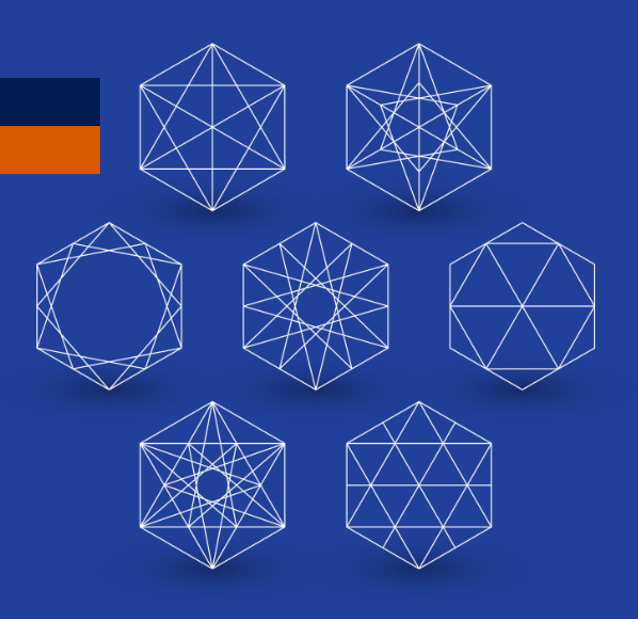 Dear Martine and Ray,
Dear Martine and Ray,
I wonder if those who criticize and fear exponential growth, categorically fear and criticize all that is different. My guess is no not necessarily.
I propose we are often socially rewarded, within our family and communities, for having certain views — particularly views that are protective of something.
— Amy Kurzweil
![]() related reading:
related reading:
Amy Kurzweil | main
The New School — Parsons School of Design | Amy Kurzweil
Dear Amy and Ray,
Yes, I think Amy is correct. I also believe the evolutionary roots of this are deep. For example, folks react differently to various kinds of potentially fearful stimuli. Some fear heights, some do not. Some fear fire, some not so much. These differences genetically sort even among siblings.
Some have a kind of deep xenophobia that makes them especially fearful of conscious artificial intelligence. Others have a nuanced xenophobia that enables us to parse sustaining from problematic “others,” including conscious AI.
As Amy points out, we can reward or punish “warming up” to something that initially seemed fearful, and this super structure of social conditioning can have a tremendous leveraging effect upon genetic cognitive predispositions.

The future of human experience connects people and data.
I am personally certain that as people see their beloved family members as mind clones, or even publicly beloved persona like a Princess Diana, they will start to warm up real fast. As Amy says phobias are contextually specific. A wary person may still want to ban non-mind clone AIs even if they love mind clone anchored AIs.
Whereas someone like myself would be more willing to provide even non-mind clone AIs with a path to citizenship and true legal personhood.
I’m glad I inherited connected wiring that is able to see past certain genres of fears that others find numbing. I’m also glad to help those with more amorphous phobia predilections see that greater protection comes from techno evolution than from techno relinquishment.

I see little difference between fire, metal, printing and AI. Each artificial intelligence predecessor has hurt us, but once accepted each has helped to protect us more.
That is the fundamental message laid out in Ray Kurzweil’s books The Age of Spiritual Machines and The Singularity Is Near.
We must take chances, for all advances
As the turtle will certainly tell.
But we’re Darwin’d cautious on change
Especially if strange
For the turtle survives in its shell.
Nature makes nurture, so it is we who must urge Her
Outside of each comfort zone.
And as this is done, we all have more fun
Then our minds can forever roam.
— Martine
Dear Martine & Ray,
Love this poem. I’m wondering if there’s something problematic about the notion that some people have genetic predisposition to xenophobia and others don’t. Is this provable?
Can we isolate the gene for something like this any more or less than we can isolate the gene for something like depression — which is also a condition medically understood to be many parts nurture and many parts nature, and when clinical, is an extreme case of a phenomenon that all humans experience.
Perhaps we isolate these genes and I’m revealing my ignorance of genetics. The problem I see is that when we start identifying genes that enable some people to make better decisions than others, we are suggesting a genetic hierarchy, which sounds a little dystopian.
On the other hand, it makes intuitive sense that there are physical structures at play in building an individual’s orientation toward other consciousnesses. I guess the question is, as it so often is, can physically determined dispositions be overcome? can nurture override nature?
A related question is, should they? Or is there some value in those oriented towards pushback and fear of the other? What does a healthy fear of otherness look like? My impulse is that there isn’t really such a thing — remembering slavery, holocausts — but my hopefully genetically determined open-mindedness wonders otherwise!
— Amy
 Dear Amy & Ray,
Dear Amy & Ray,
I think it is the interplay of many genes. I don’t think risk acceptors are better or smarter, simply a bit different. I think every predisposition can be shaped and changed by socio-cultural factors.
However, it remains that bright people who read about exponential growth and singularity come to different perspectives. So-called futurists like us love it. So-called fleshists like Bill Gates and Elon Musk are afraid of it. I think it is because of DNA — hard-wired predilections in viewing realities.
At the end of The Singularity Is Near film, Bill Joy and Bill McKibben were not persuaded. They see the wolf (harm) and formulate away the dog (help), into which form it will join humanity.
This duality is as old as humanity’s response to the wolf’s genetic engineering into the dog. No doubt we had this yin-yang back then too. Our job is to teach, so we can get over irrational fears ASAP, create safe harbors and hence marshal the benefits of technology.
— Martine
Dear Martine & Amy,
In answer to your question, Amy, as to whether there might be “some value in those oriented towards pushback.” My grandfather described himself as an intellectual conservative — meaning he needed significant levels of evidence to accept a new idea.
He defended the value of such conservatism as a needed filter, to select the more worthwhile ideas from the ferment of new concepts constantly being proposed.
— Ray
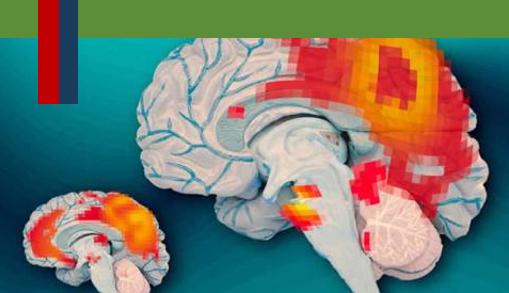 Dear Martine & Ray,
Dear Martine & Ray,
Yes, I like the conclusion that all of us are beholden to teaching and learning.
Even though many of us fall prey to all kinds of irrational fears, for a combination of physical and socio-cultural factors — I have some faith that, in the long run, whatever is best for humanity will win out, if we live in a culture of truth seeking, as Socrates counseled!
— Amy
Dear Martine & Amy,
That’s why freedom of expression is so important, because otherwise that “long run, what is best for humanity, truth seeking” doesn’t work.
— Ray
related viewing:
The Singularity Is Near — A True Story about the Future | Film trailer. The 21st century will be an era in which the very nature of what it means to be human will be both enriched and challenged as our species breaks the shackles of its genetic legacy and achieves inconceivable heights of intelligence, material progress, and longevity. Social changes will be profound, and the threats they pose considerable. The film presents the culmination of humanity’s technological ingenuity and an optimistic ultimate destiny.
The Singularity Is Near film intertwines a fast paced documentary with a narrative story. Documentary features Ray Kurzweil interacting with top thinkers on the impact of exponentially expanding technologies.
The drama is the story of Ramona, a superheroine avatar. As the adventure unfolds, Ramona becomes more independent, preses for her legal rights, and is coached by Tony Robbins to discover the true meaning of what it means to be human.
![]() related viewing:
related viewing:
The Singularity Is Near — A True Story about the Future | main
